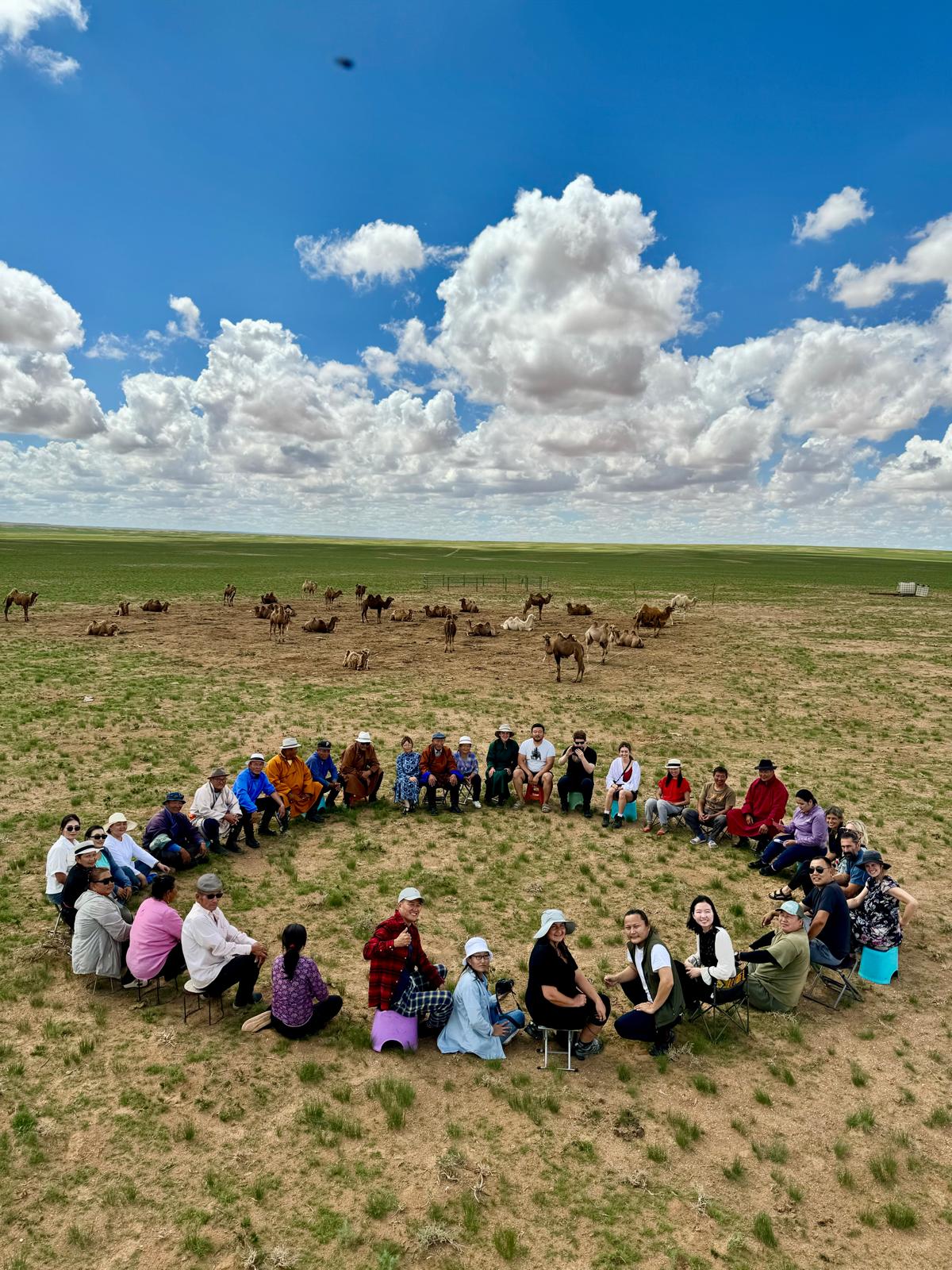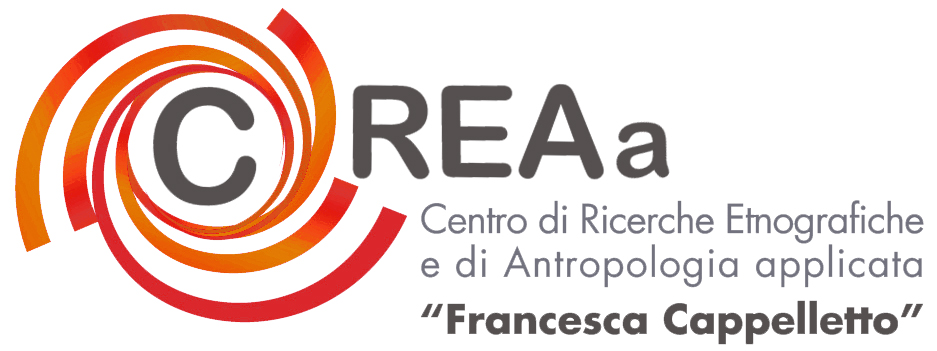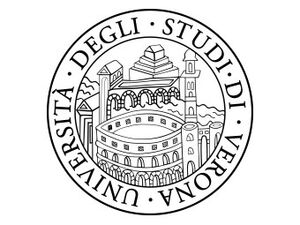Nomadism and Spatial Politics.
Identities, Development and the Environment

This project aims to develop a large-scale, international and interdisciplinary research project proposal for Horizon Europe and Economic and Social Research Council (ESRC) – UK Research and Innovation UKRI (UKRI) funding opportunities.
The research agenda is the first to examine the contemporary spatial politics experienced by mobile peoples in relation to state policies and wider environmental governance initiatives. We focus on spatial politics in relation to three themes: identity and citizenship, development and economic production, and dryland environments.
The idea is to reflect for the first time in a comparative way, focusing on cross-cutting themes/synergies/scapes/scales, and starting from an interdisciplinary perspective, on development policies for mobile peoples in the EU and in post-colonialist and post-socialist countries.
Our key fieldsites of Tanzania, Jordan and Mongolia feature dryland environments which are home to multiple mobile pastoralist groups. In each area, post-socialist and post-colonial states have cultivated new national identities around a historical nomadic cultural heritage. However, the spatialization and development of modern nation states presented contradictions to traditional flexible mobile livelihoods, dwellings and environmental relations creating a selective inclusion. We bring these contradictions and differing geographical sites into conversation with work on mobile peoples (service providers and pastoralists) in the EU (Italy and Hungary) to examine broader tensions between traditionally non-sedentary societies and modernist national state policies and environmental governance. Examining spatial politics experienced by mobile peoples across Tanzania, Jordan, Mongolia and the EU enables this project to address contemporary relationships between states, societies, and the environment as they play out in a multitude of ways and generates new insights into broader questions of justice and self-determination.
This application engages well-established academic collaborations with scholars based in Central Asia (Mongolia), the Levant (Jordan and Palestine), East Africa (Tanzania and Kenya), and Europe (Italy, Hungary and Slovenia). The research team has expertise in political geography, cultural anthropology, human rights law, ecology and ethnoarchaeology. Two years of relationship building has preceded this application wherein an extensive international network has been nurtured into a vibrant intellectual community. Meetings at conferences, workshops and other international fora have enabled us to develop and debate key concepts, identify key global concerns, and strengthen generative links with partners in civil society, the arts and government.
Project Collaborators:
Ariell Ahearn, Departmental Lecturer in Human Geography, University of Oxford, School of Geography and the Environment [UK]
Fiona McConnell, Professor of Political Geography, University of Oxford, School of Geography and the Environment [UK]
Jeremie Gilbert, Professor of Human Rights Law, University of Roehampton [UK]
Olivia Mason, Lecturer in Political Geographies, Newcastle University [UK]
Marco Solimene, Assistant Professor, Faculty of Sociology, Anthropology and Folkloristics , University of Iceland [Iceland]
Stefania Pontrandolfo, Associate Professor Department of Human Sciences, University of Verona [Italy]
Sarah Lunacek, Assistant Professor, Department of Ethnology and Cultural Anthropology, University of Ljubljana [Slovenia] Hungarian Academy of Sciences [Hungary]
Zsolt Molnar, Team Leader and Scientific Advisor Traditional Ecological Knowledge Research Group, Hungarian Academy of Sciences [Hungary]
Munkh-Erdene Gantulaga, Senior Lecturer, Department of Social Anthropology, National University of Mongolia Steps without Borders NGO
Bayarsaikhan Namsrai, Director, Steps without Borders NGO
Carol Palmer, Director Archaeologist, Council for British Research in the Levant
Yannick Ndoinyo, Director, Traditional Ecosystems Survival Tanzania NGO
Period: from 15-08-2023 to 01-12-2024


